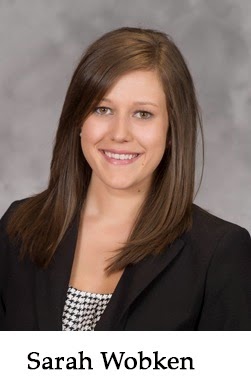Additionally, Thicke denied having written the song during trial, although he had been repeatedly credited for the success of the song that sold millions of copies worldwide. Attorneys for Thicke and Williams argued that the jury's verdict significantly hindered an artist's creativity in producing music.
Gaye's family however was relieved to know that they had finally been vindicated for their fathers' creative music. The family claimed that during attempted settlement and subsequent filing of the lawsuit, that Thicke had repeatedly lied to the family and was not cooperative during the entire duration.
Hopefully future artists embrace the meaning behind the jury's verdict and tread carefully in using familiar beats in new songs. Although Williams lost this lawsuit, many doubt that his successful career will be tainted, particularly since his next hit, "Happy," has obviously proved rewarding.
- Nadin Said, Editor in Chief


